There are Different Types of Memory
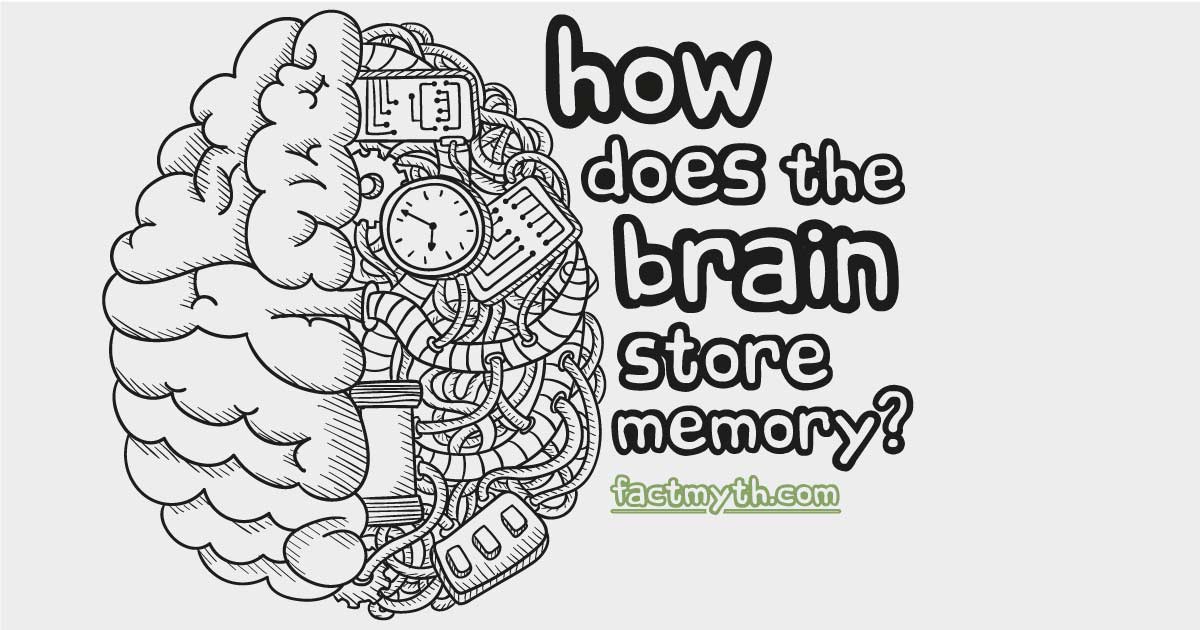
There are three basic types of memory: sensory memory (what we perceive), short-term memory (what we think about), and long-term memory (what we know).
Thinking is a mental process which allows humans to model the world, philosophy is the attempt to understand the world using logic and reason. The world being both the external and the internal, and both the knowable and unknowable.
For an overview of philosophy see our branches of philosophy page, for an introduction to philosophy check out Reason at Work (Amazon). Philosophy includes everything from economic and political philosophies, to the philosophies of emotions and mind, to cosmological and other other metaphysical questions, to the nature of god and religion, to the very nature of what we can know. Given that every subject has a science and philosophy (with the two often merging, such is the case in theoretical physics or mathematics) we have to be careful not to undervalue the practical aspects of this non-science.

There are three basic types of memory: sensory memory (what we perceive), short-term memory (what we think about), and long-term memory (what we know).
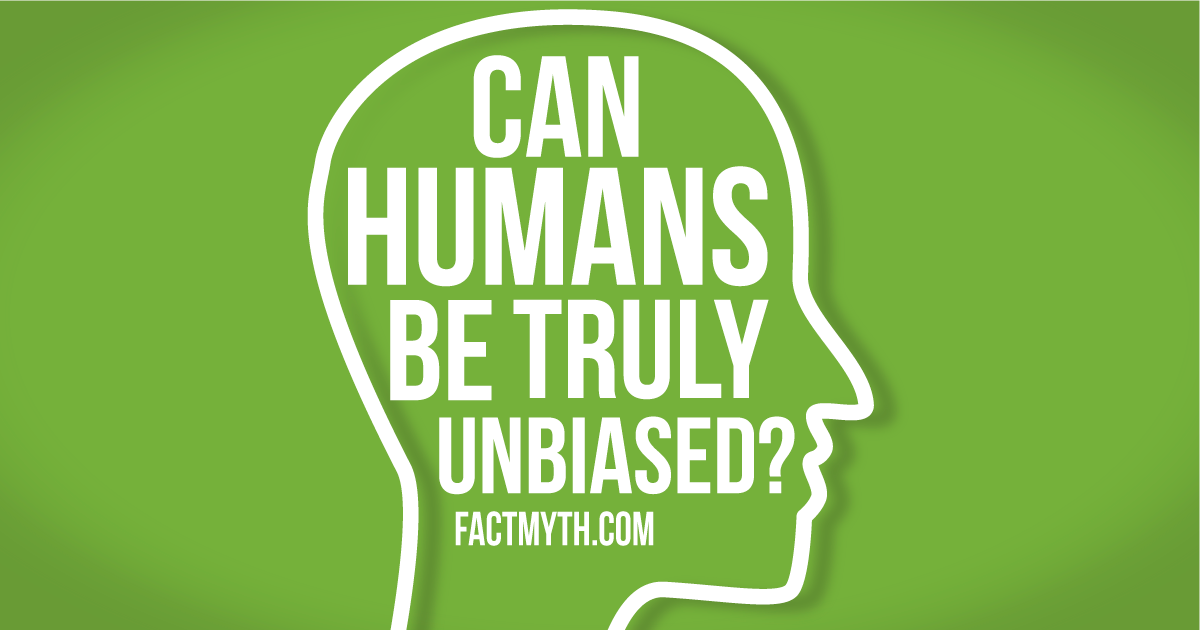
People can’t be truly unbiased; we are hardwired with bias and create bias constantly as part of the natural neurological process of learning.
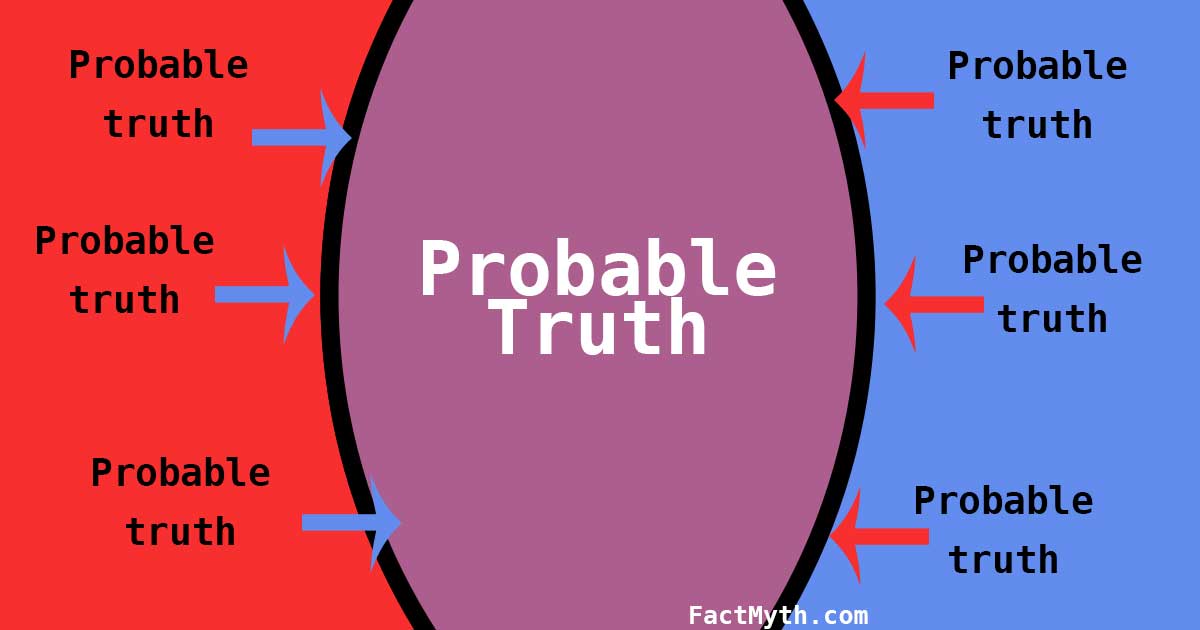
Bayes’ theorem is a probability theory used to calculate the likelihood of an event being true or not true based on conditions related to the event. (i.e. an equation used for calculating conditional probabilities).
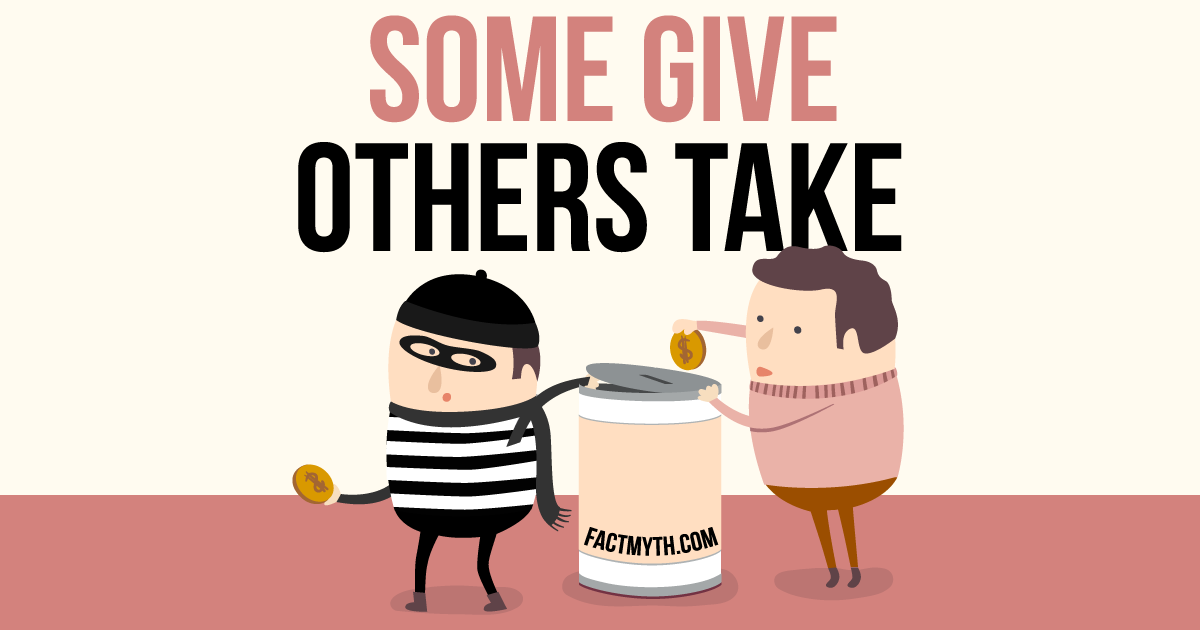
Humans are born both selfish and compassionate; we are hardwired to show compassion to our group and fear to those outside it. It’s genetic self-interest.
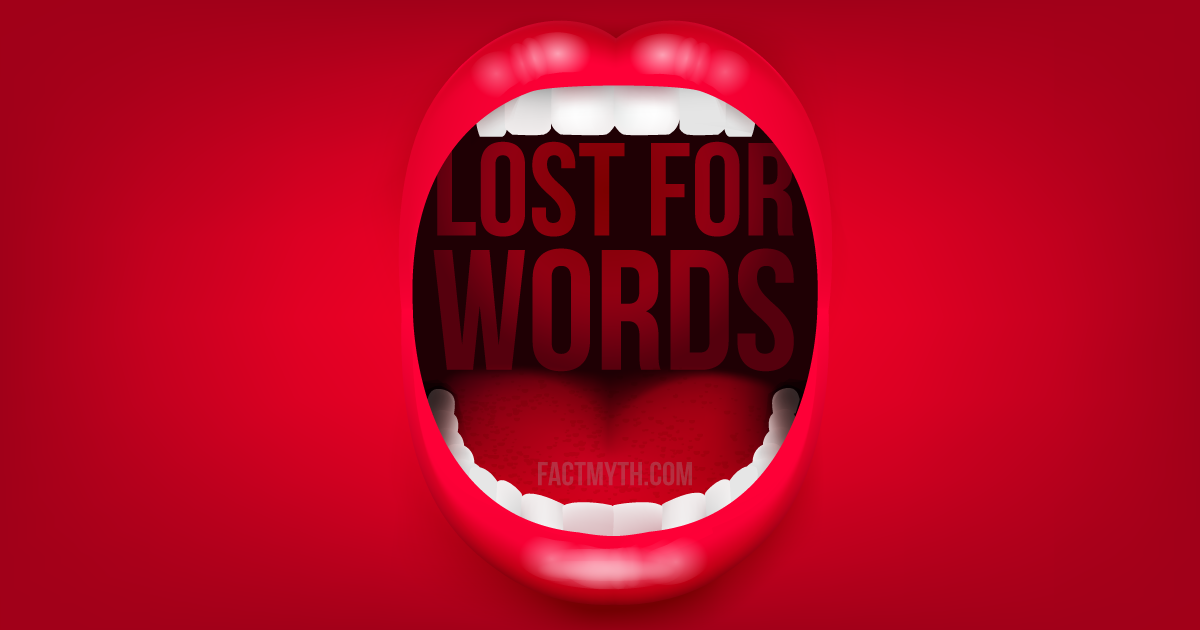
The speed and complexity of our thoughts exceed our abilities of language and communication, specifically our ability to convey complex ideas.
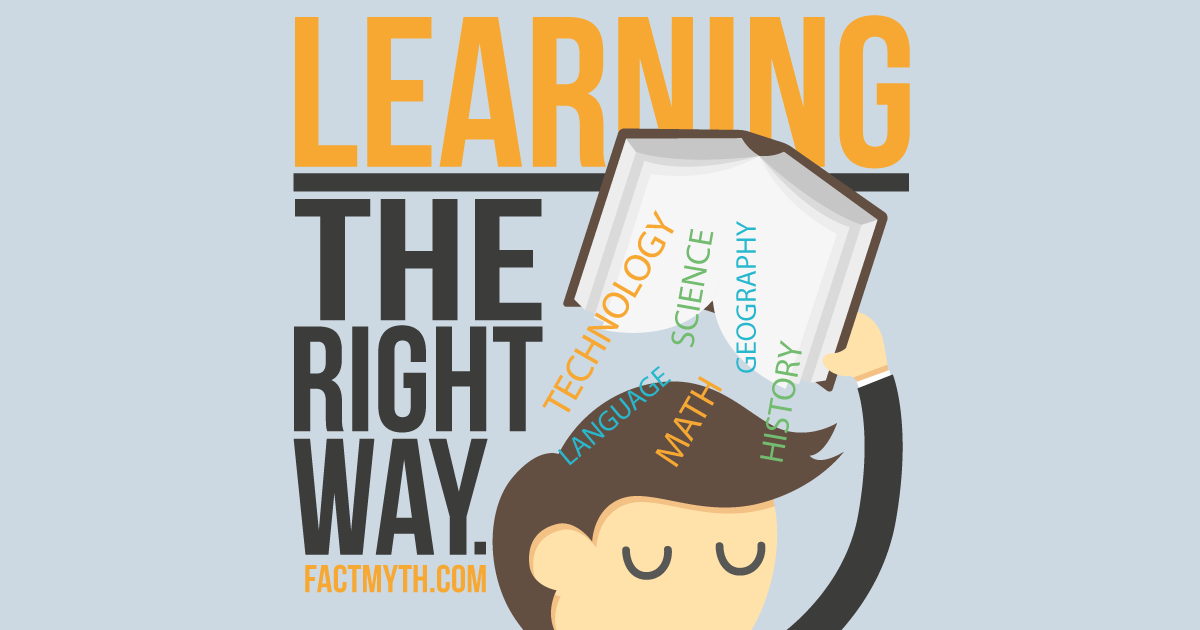
The best way to learn isn’t “being taught”, its mixing self-directed learning with the roles of student, peer, and teacher in different social settings.
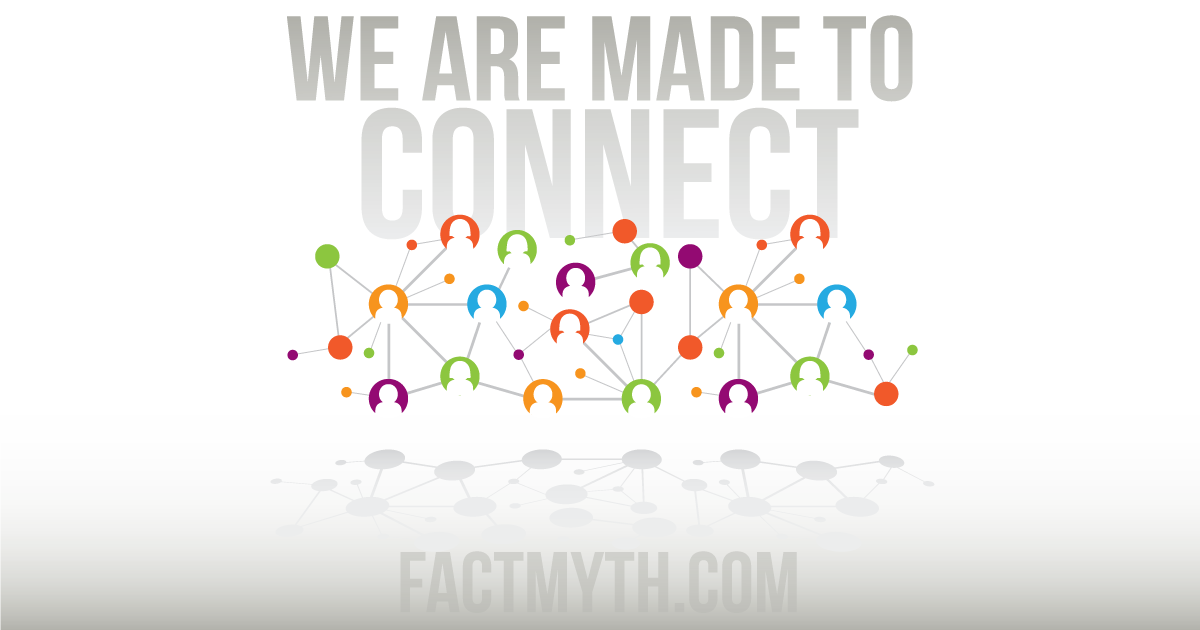
Humans are hardwired to be social beings. We naturally cooperate, care, and compete. From quarks, to cells, to plants, to animals, cooperation is in our DNA.
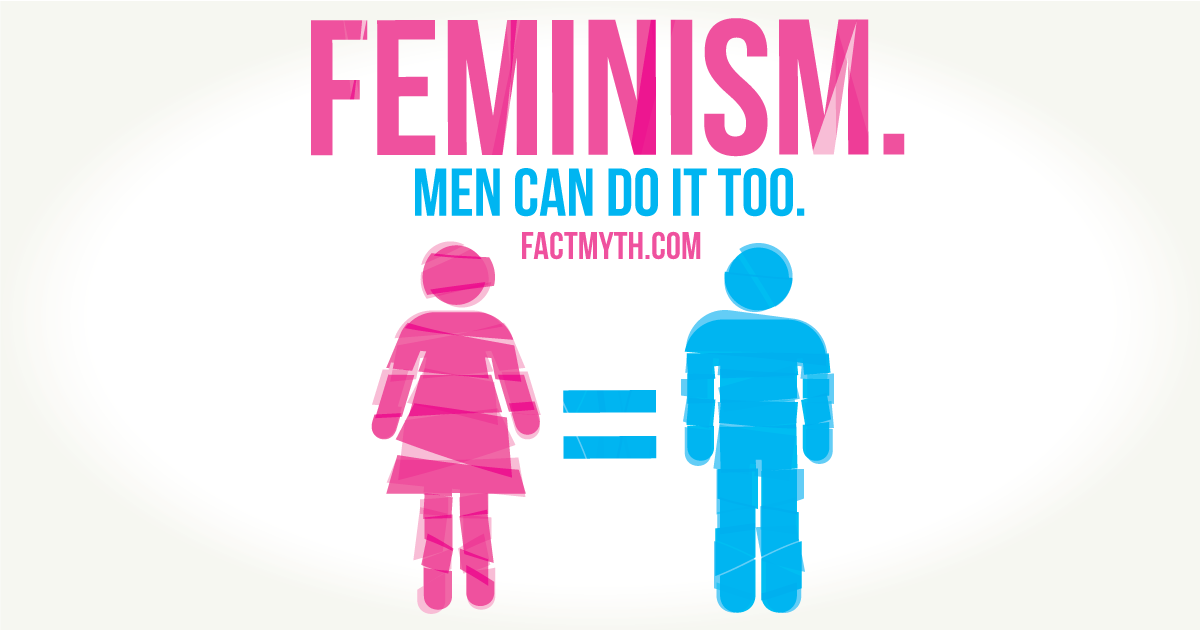
It’s a myth that men can’t be feminists. Anyone including men can be a feminist, because feminism is simply a belief in the equality of sexes.
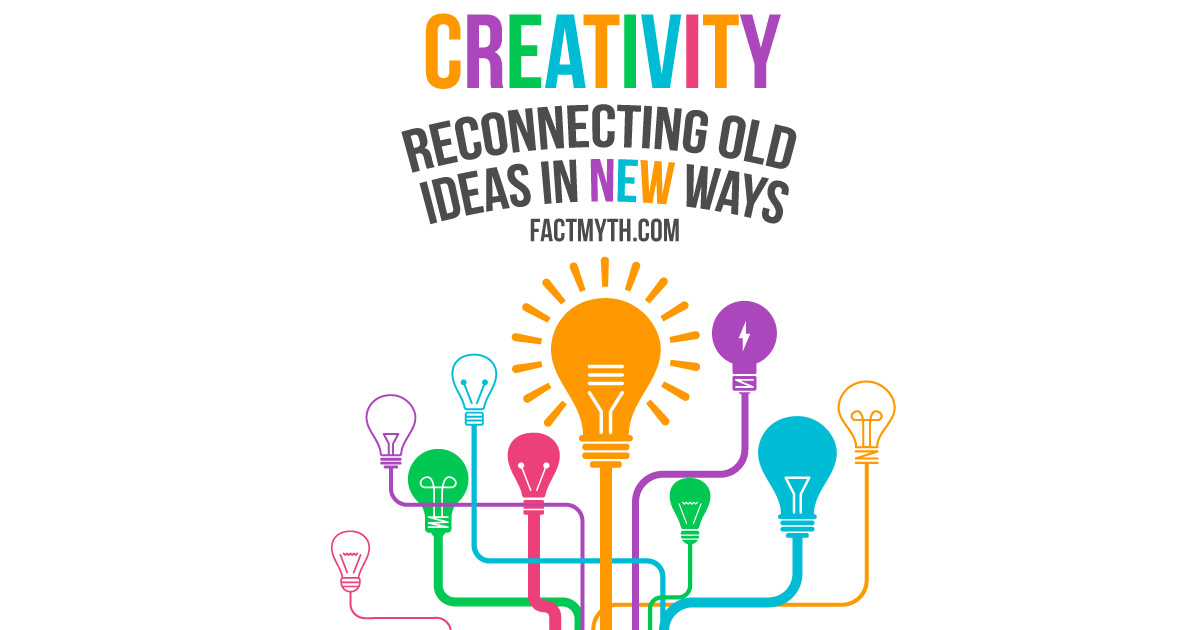
Humans can’t have new ideas without prior sensory input. We copy, transform, and combine old ideas to create new ones.
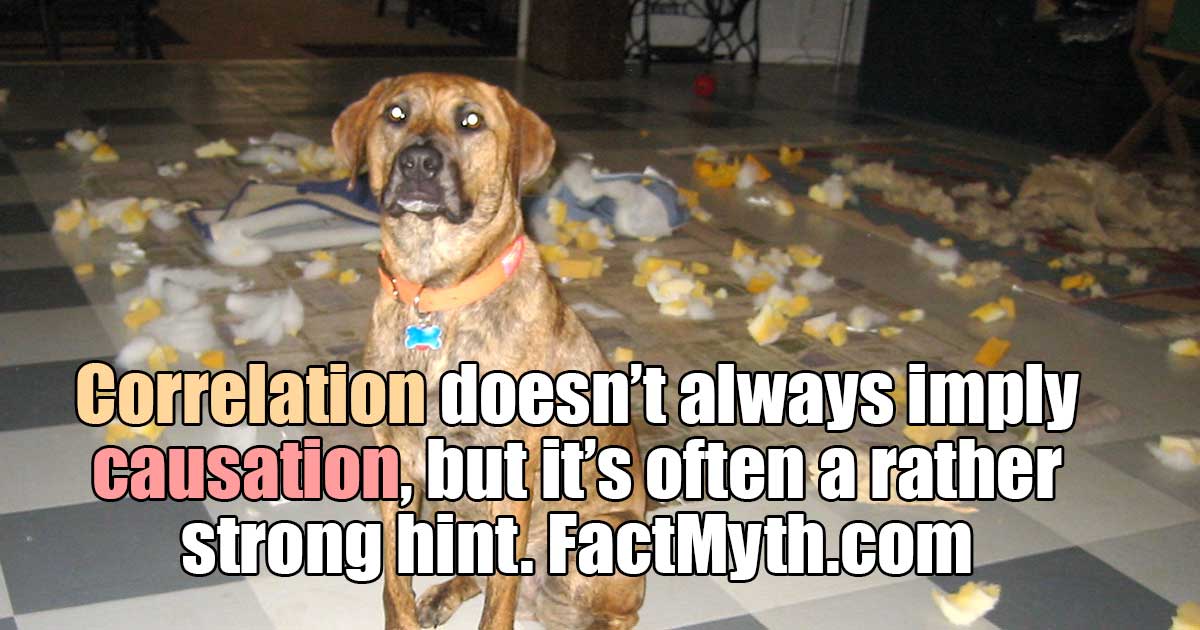
Correlation does not imply causation, but it can indicate it. The more correlating factors between events, the more likely there is a causal relationship.